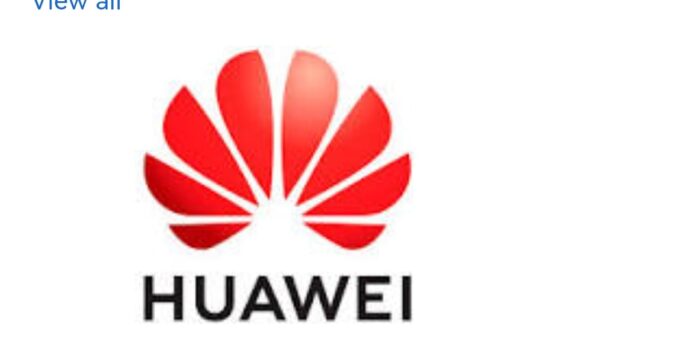Huawei, in partnership with the Pakistan government, is working to train 300,000 young people to bridge the skills gap in the tech industry. The initiative targets youth from secondary education to trained professionals, aiming to equip them with skills in AI, ICT, and networking systems. The IT ministry launched a training portal at Huawei’s Islamabad office, and the program is part of Pakistan’s broader goal to develop a digital-based economy, which was recently supported by the federal cabinet’s approval of the National AI Policy.
Prime Minister Shehbaz Sharif signed the agreement with Huawei in 2024 at the company’s Shenzhen headquarters. Since then, the Higher Education Commission (HEC) has been running training sessions for both trainers and students. Huawei has established 100 academies across universities in Pakistan, certifying over 300 trainers to teach students in bachelor’s programs and providing ICT labs on campuses.
The training portal offers 18 courses, including AI, cloud computing, and three-month research projects, available in self-paced formats. The courses culminate in certification exams, and students can progress through different levels—associate, professional, and expert. Around 700,000 people are enrolled in the DigiSkills platform, with the government targeting 10% of these for the training initiative.
Despite the progress, challenges remain, such as the lack of hands-on experience in certain subjects, which the portal cannot provide. The program aims to reach 300,000 individuals, though meeting the broader target of one million remains unclear. The government’s efforts are ongoing to expand the program, including in-person sessions for professionals and extending training to provincial schooling systems.




